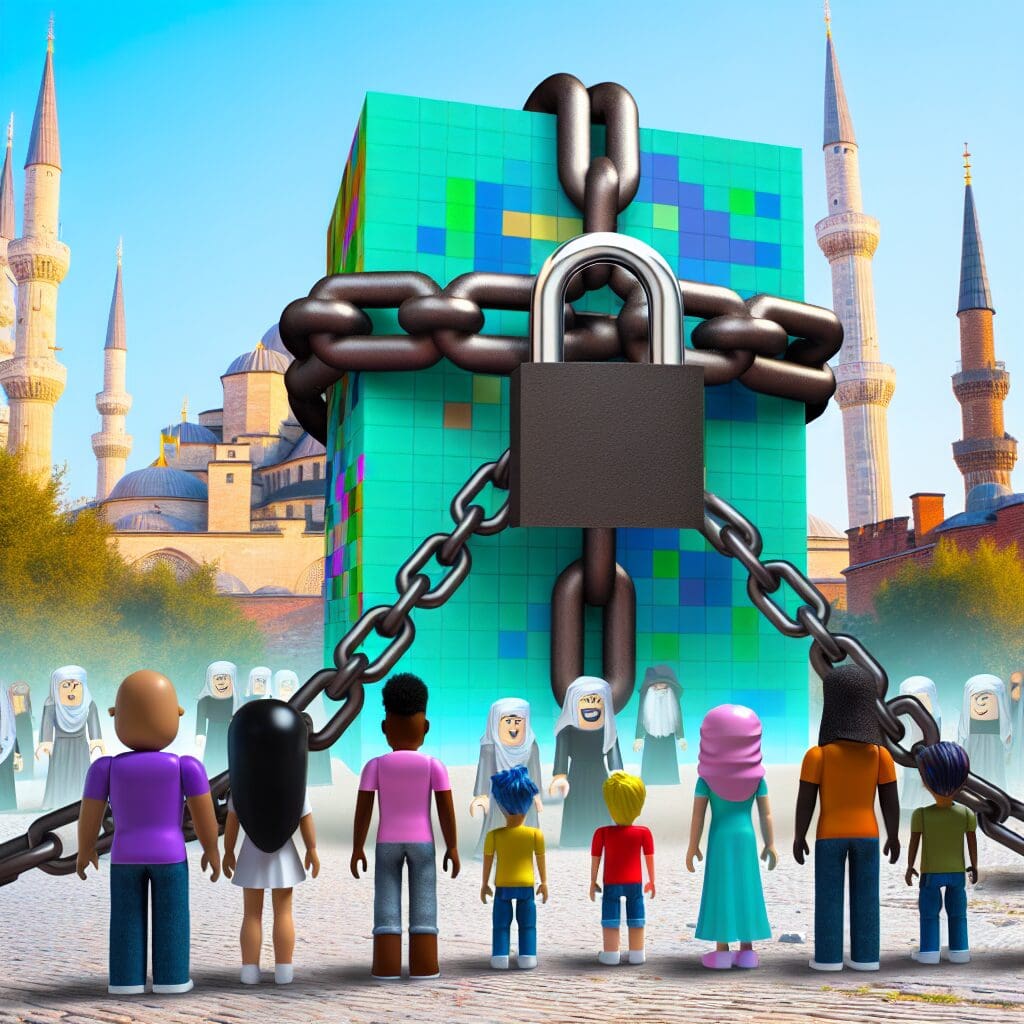Turkey has made headlines recently with its decision to block access to Roblox, a platform popular among children and adolescents. This action stems from growing concerns over child protection in digital spaces. The Turkish Ministry of Family and Social Services highlighted the necessity of safeguarding minors from harmful content through effective regulations, aligning with the country’s constitutional obligations.
The government’s intervention, based on a law related to internet broadcasting, underscores a broader trend where nations are increasingly scrutinizing online platforms. Roblox, known for its user-generated games, has faced criticisms for allowing inappropriate content and interactions that could harm younger users.
This ban reflects a global challenge as countries navigate the balance between free expression and child safety online. For example, previous actions taken by other nations also illustrate this ongoing struggle. In Australia, regulators have pressured social media companies to enhance protections for young users, pushing for stricter age verification measures and content moderation.
The implications of Turkey’s decision extend beyond its borders. It highlights ongoing dialogues about digital literacy, parental control tools, and the responsibilities tech companies hold toward their users. As the landscape of online gaming and social interaction evolves, stakeholders must collaborate to create safer digital environments.
Ultimately, Turkey’s action serves as a case study of how governmental policies can shape technology usage, stressing the importance of prioritizing children’s welfare amidst technological advancements.











